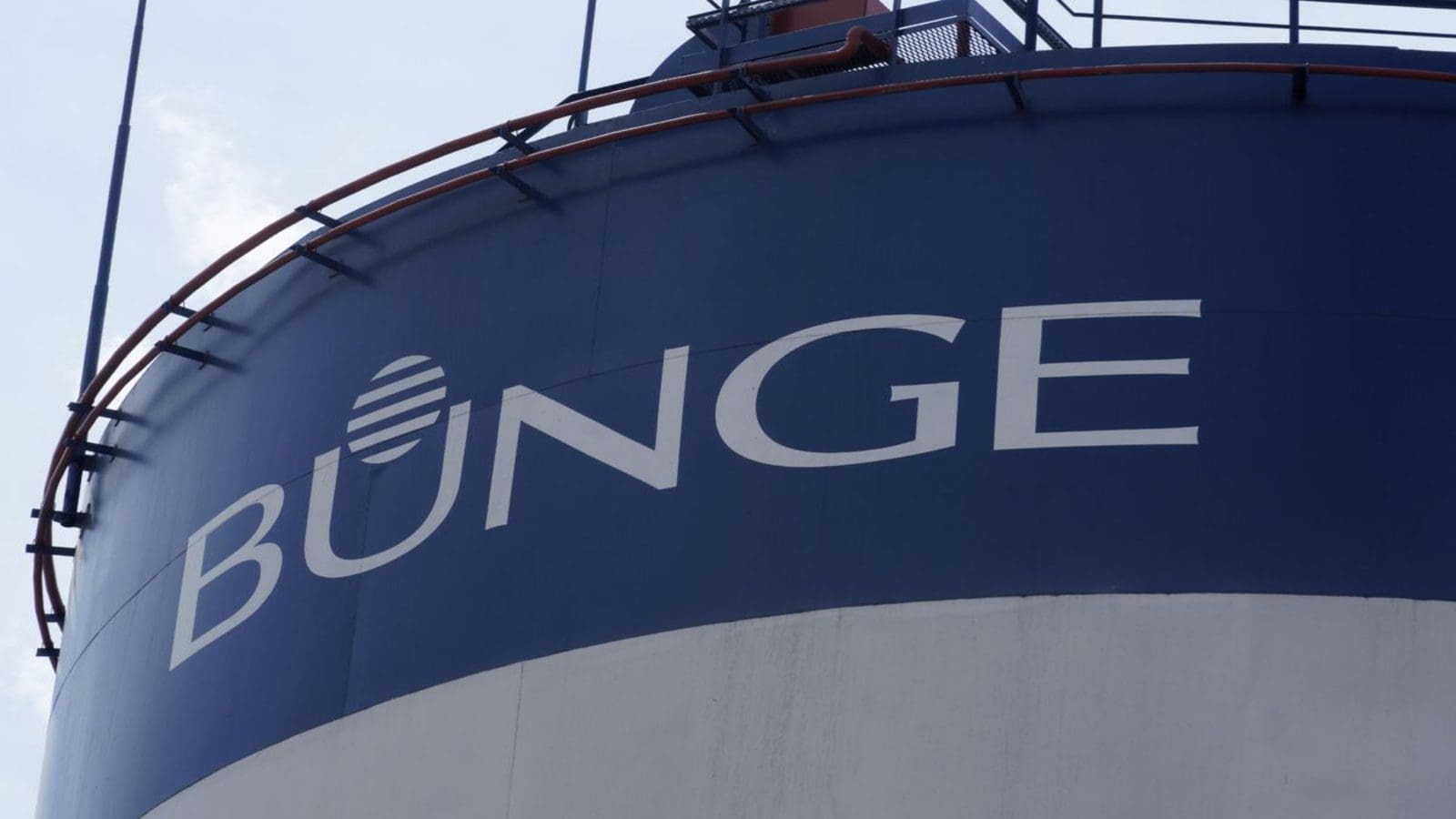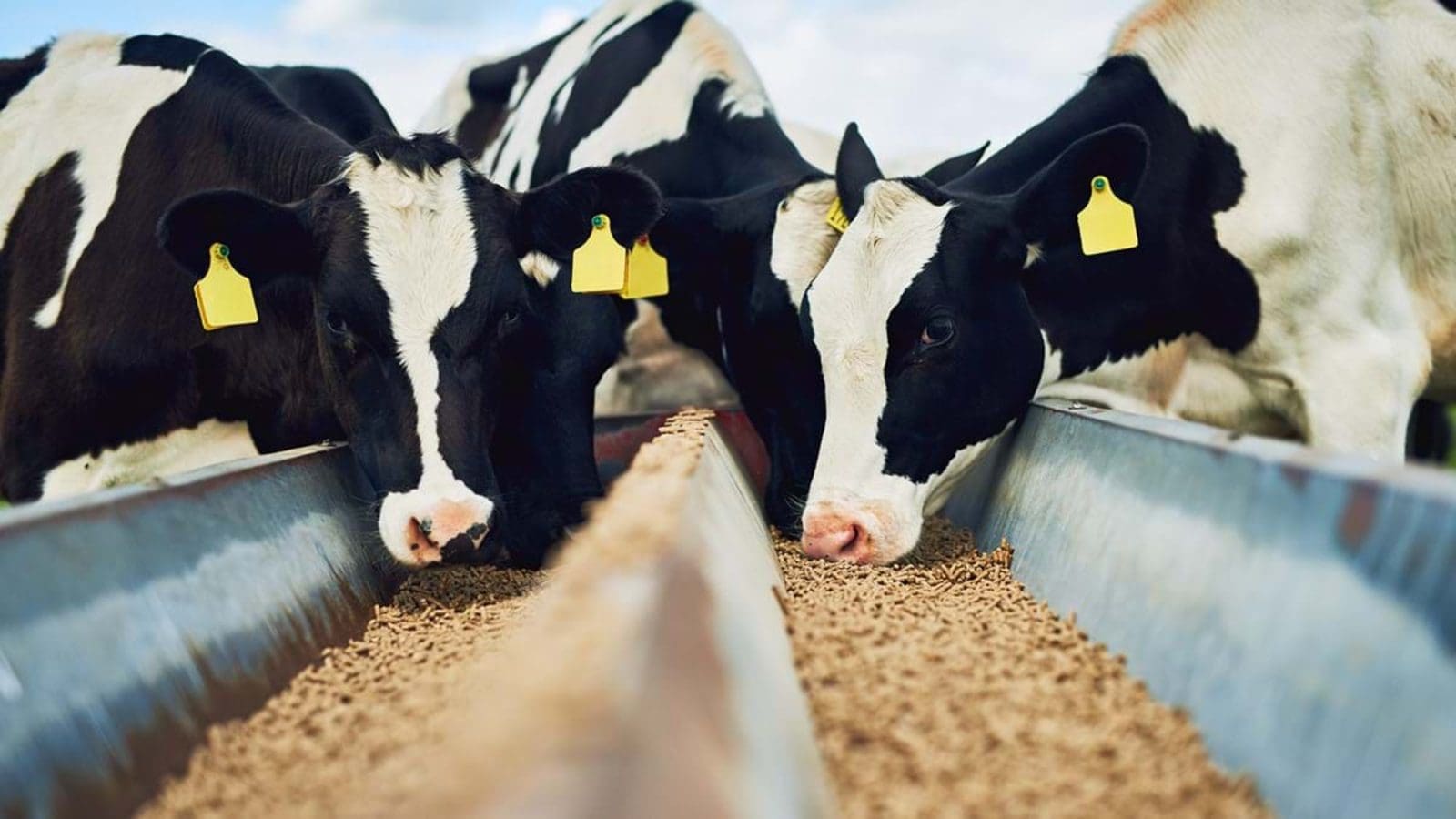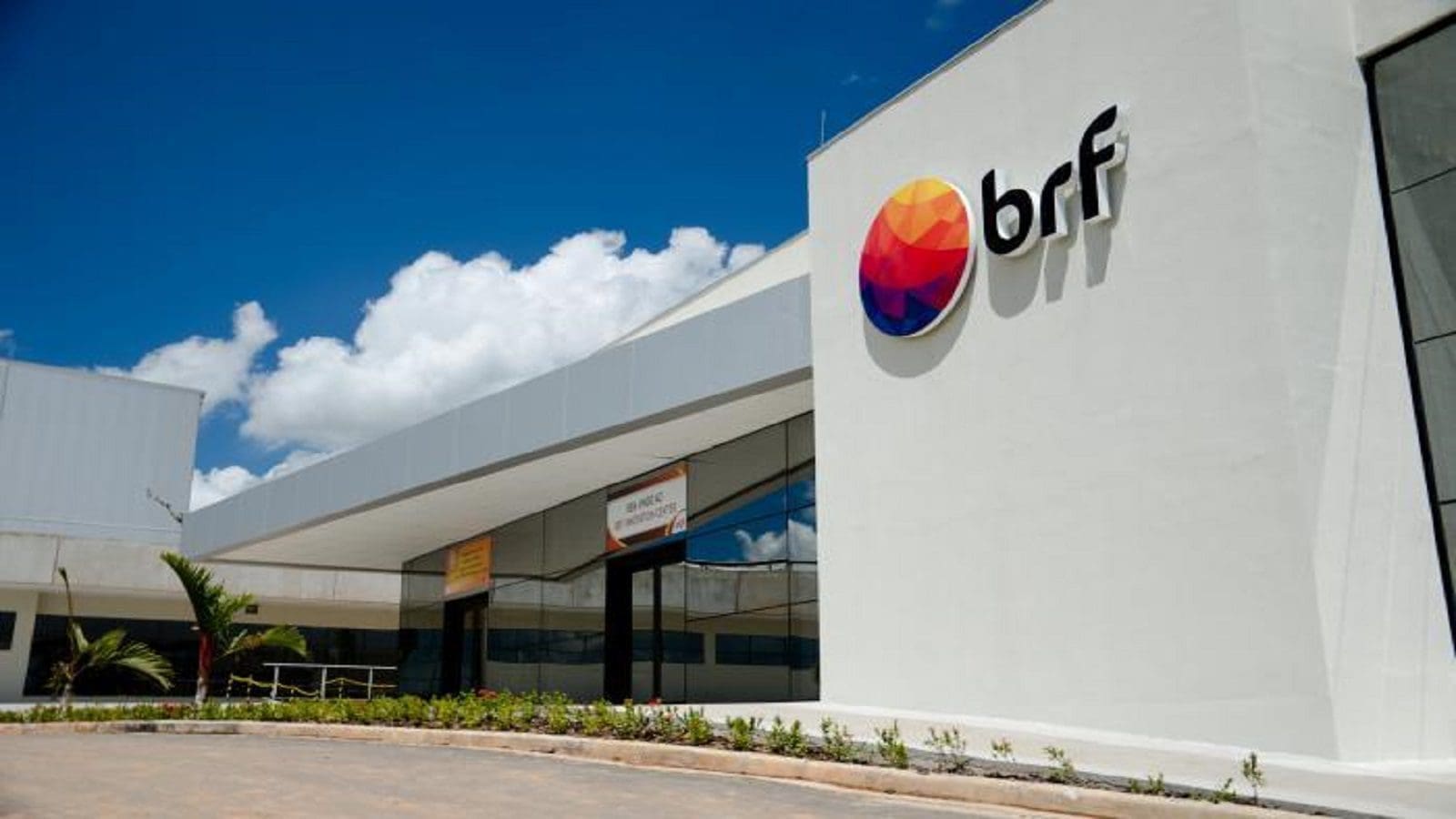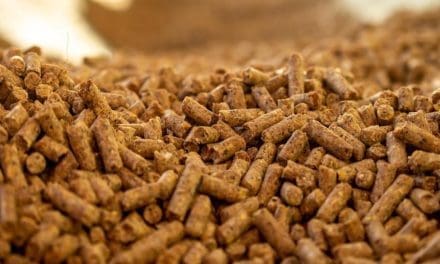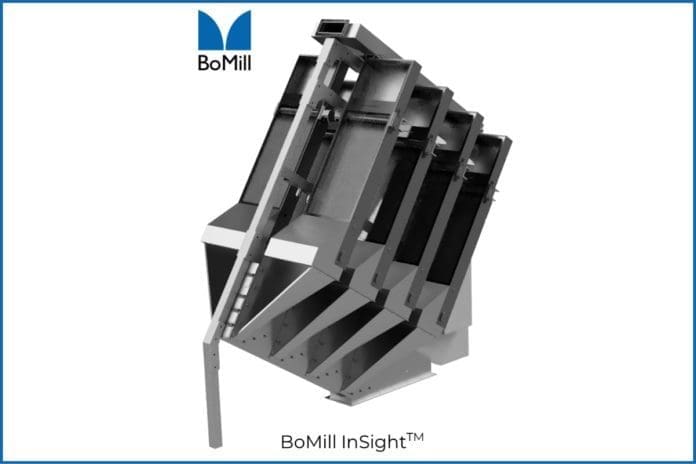USA- Bunge, one of the world’s largest agricultural commodities suppliers, has credited large soy and canola crops in North America and robust meal and oil demand for outstanding performance in 2022.
The demand for soy and other meat alternatives has been soaring globally in response to the shift in dietary habits for health reasons and increased awareness and concern for animal welfare and damage to the environment from livestock farming.
This demand drove Bunge’s decision to invest US550m in the building of a soy processing facility in Indiana, expected to process an additional 4.5 million bushels of soybeans annually.
“In processing, results were primarily driven by North America, which benefited from the combination of large soy and canola crops and strong meal and oil demand,” said Greg Heckman, Bunge’s CEO during the Q4 2022 earnings call.
Agribusiness, Refined & Specialty Oils, and Milling, the company’s core segments, each recorded comparatively higher net sales in the year ending 31st December 2022.
The agribusiness segment posted US$ 47,700 million up from US$ 43,636 million while the refined & specialty oils improved from US$ 13,332 million recorded in the year prior to US$16,850 million.
The milling segment, Bunge’s smallest, earned revenues of US$2,388 million, up from US$ 1,909 million in 2021.
The company’s adjusted full-year earnings per share (EPS) was US$13.91 versus US$12.93 in 2021, an increase of almost US$1 per share.
The refined & specialty oils and milling segments also posted incredible full-year gross profits of US$ 1,158 million and US$260 million, up from US$856 million and US$27 million, respectively.
Bunge attributed this performance to strong food and renewable fuel demand, with Europe, Asia, and South America showing notable improvements.
“In this year that had more than its share of ups and downs, our team proved their ability to help our customers, both farmers and end users globally, manage risks and navigate food security issues against the backdrop of regional conflict, weather impacts, and many other factors,” Heckman said.
Gains and charges
Bunge posted the core segments’ adjusted earnings before interest and taxes, or EBIT segments at US$3,112 million in the full year versus US$2,751 million last year.
This 2022 EBIT includes US$80 million of charges resulting from the Ukraine-Russia war, mainly because of losses associated with inventories located in occupied territories in Ukraine and difficult-to-access locations with high recovery costs.
It also included US$55 million of impairment charges and employee severance expenses on the classification of Bunge’s Russian oilseed processing business as held-for-sale, thanks to the Russia-Ukraine war.
In the milling segment, the results in 2021 gained from the contributions from their Mexico wheat mills sold in the third quarter of 2022.
Additionally, the company realized a loss in the last quarter in the milling segment, primarily driven by high supply chain costs, resulting from low production of wheat in Argentina, which was severely affected by drought.
Bunge expects lower segment results in 2023
However, as impressive as the 2022 performance was, Bunge expects the results to be lower in 2023 across their core segments and to remain the same in their non-core segment- Sugar & Bioenergy.
“In Agribusiness, full-year results are forecasted to be down from last year as slightly higher results in processing are more than offset by lower results in merchandising, which had a very strong prior year,” said John W. Neppl, executive vice president and chief financial officer.
Naples noted that the company expected a favorable environment to continue in 2023 in Refined and Specialty Oils, whereas Milling will record lower results but in line with historical performance.
For all the latest food industry news from Africa and the World, subscribe to our NEWSLETTER, follow us on Twitter and LinkedIn, like us on Facebook and subscribe to our YouTube channel


